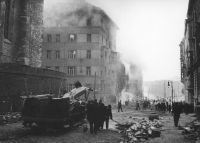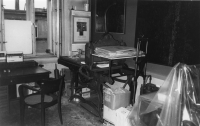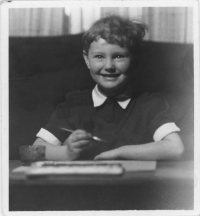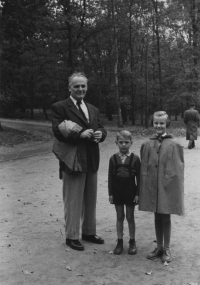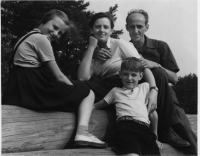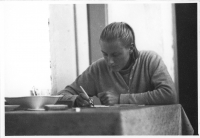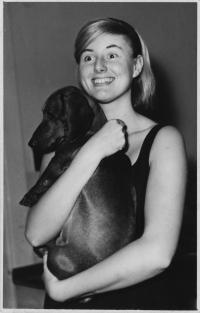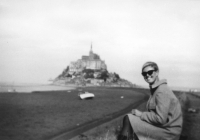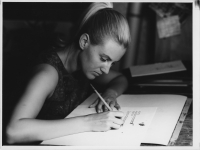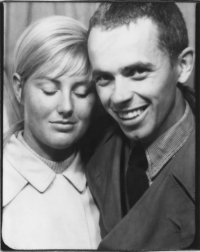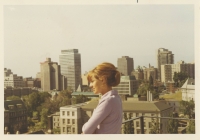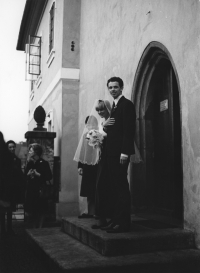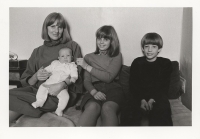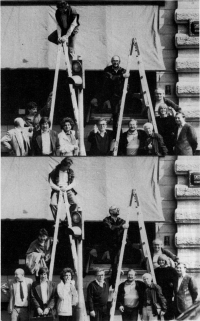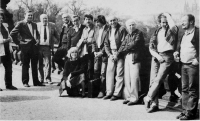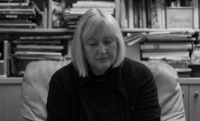Work is related to life and life is related to work. It’s supposed to be connected and cannot be separated

Download image
Clara Istlerová was born on 11 December 1944 in Prague into a family of eminent surrealistic painter Josef Istler and an artist Gertruda Istlerová. On 14 February 1945 bombing hit the block of flats in Nové Město and the family lost everything. After the war, her grandfather Hans von Istler as a German was taken to build the roads where he soon died. Clara Istlerová followed her father’s footsteps since childhood but instead on fine art she started to do graphic arts and typography. In 1959 she entered the secondary industrial school of graphic arts and continued her studies at the Academy of Arts, Architecture and Design in Prague in the František Muzika’s studio. She experienced the occupation in August 1968 in the UK, from where she left to join her family in Switzerland, who emigrated in response to the presence of Soviet troops. At Christmas 1969 the family returned to Czechoslovakia. From 1971 she taught for three years at the secondary industrial school of graphic arts and became a member of the graphic and typographic group Typo&. She created the graphic design of several literary editions for the Československý spisovatel and Mladá fronta. She worked on several film posters and after 1989 continued her activity as a graphic designer. In 1996 she became a member of the Typo Design Club. In 2021, Anežka Minaříková’s book Clara about her personal and professional life was published.
